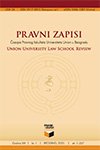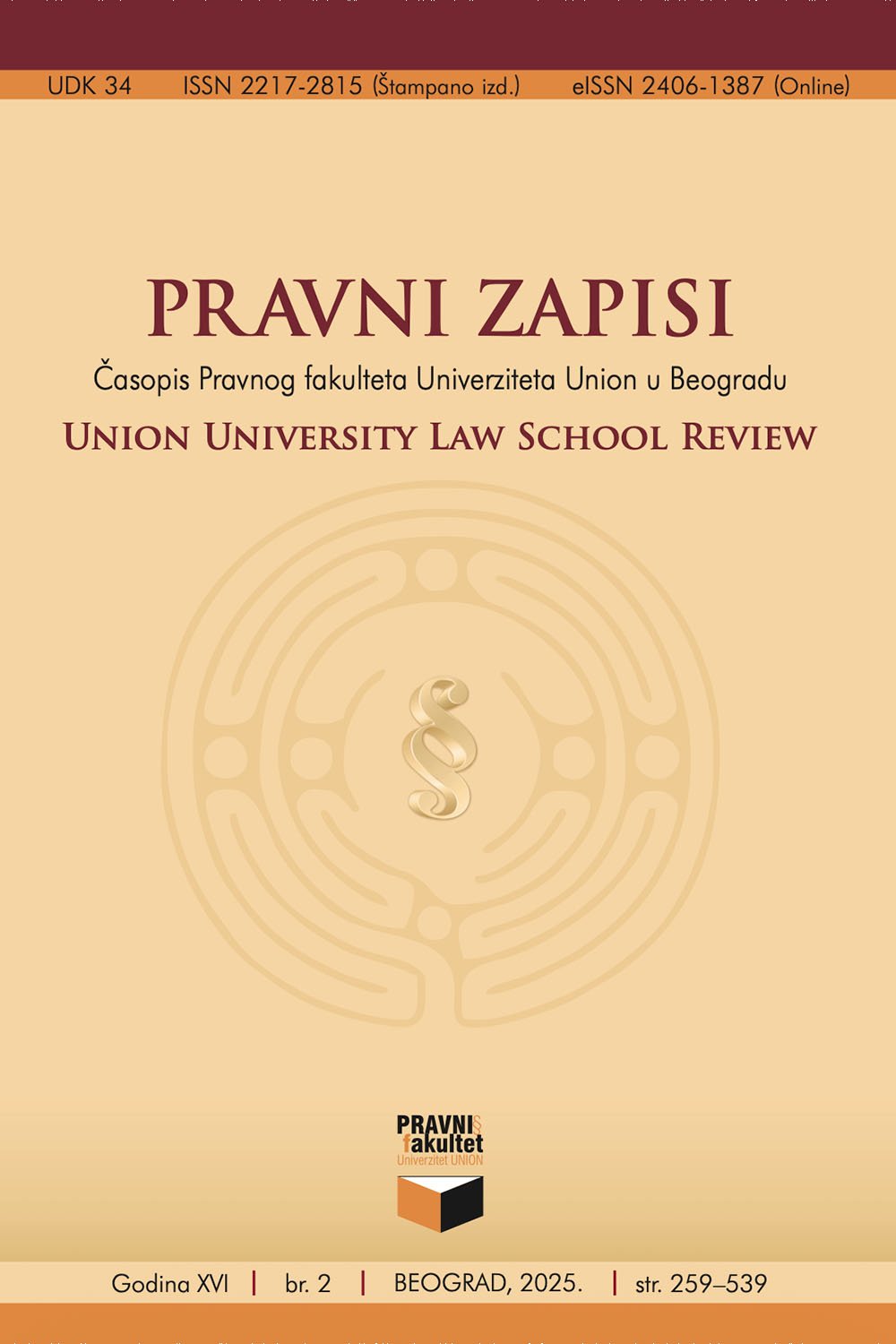PRAVNI ZAPISI • Year XVI • no. 1 • pp. 212–231
PHILOSOPHY OF MENSTRUATION: THE BODY THAT IS NOT BODILESS

English
Adriana Zaharijević
Principal Research Fellow, Institute for Philosophy and Social Theory, University of Belgrade, Belgrade
e-mail: adriana.zaharijevic@ifdt.bg.ac.rs
ORCID ID: 0000-0003-4884-7158
Pravni zapisi, No. 1/2025, pp. 212-231
Original Scientific Article
DOI: 10.5937/pravzap16-58286
KEY WORDS
Body, Bleeding, Bodiless Body, Philosophy, Menstruation.
ABSTRACT
The question this text raises is how do we think about the bodies that bleed, “we” being in particular those whose bodies bleed regularly? The question is philosophical in kind, as it tests our capacities to think about such bodies. Philosophy as a corpus has had little to say about menstruating bodies, which curiously also applies to feminist philosophy. Since these bodies do exist and we need to think of them in some way – not only for the sake of thinking, but also in order to apply legal measures in an equitable way – the text proposes the following: to see how bodies were framed in philosophical thought, departing from the notion of a bodiless body as the central paradigm in conceptualizing the philosophical subject, to make room for greater pluralism, and a fortiori, equality in thinking about human embodiment. The key claim is that it is bleeding that stands firmly in the way of conceptualizing bodies as bodiless.

